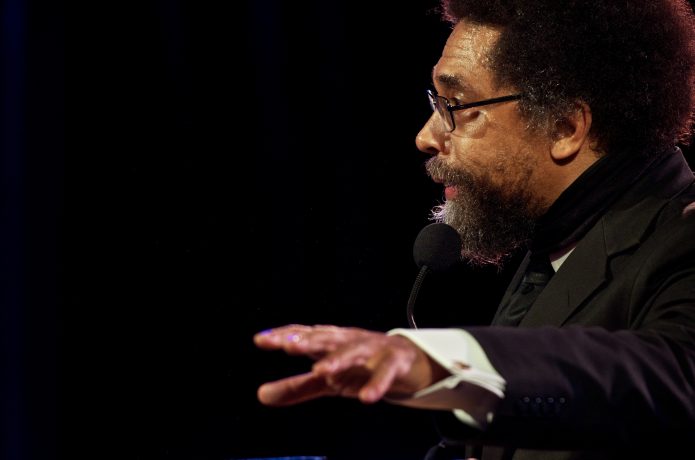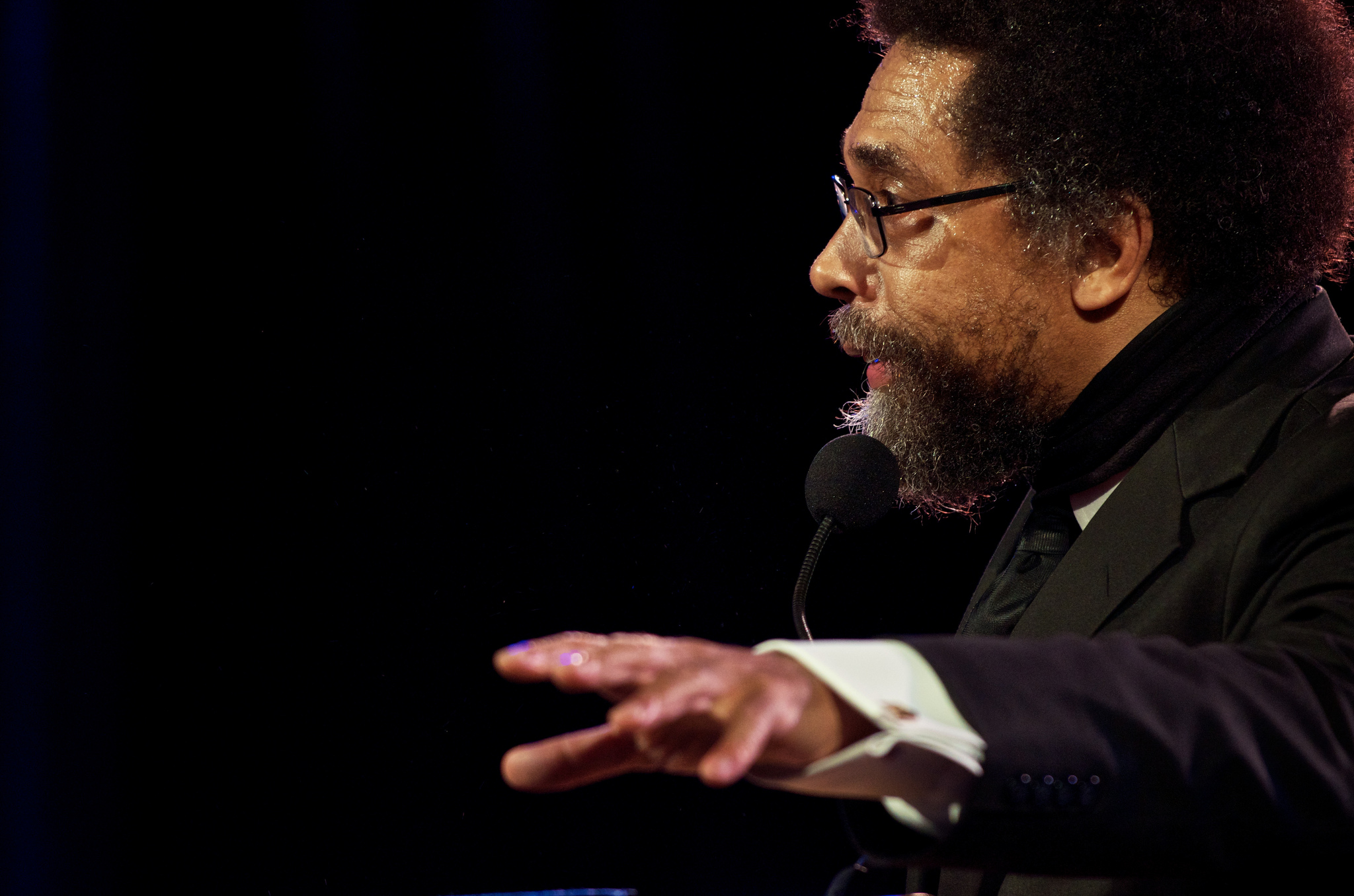
(Photo: Flickr / Bradley Siefert)
n July 1 the Democratic Party released its draft platform, which went before the full platform committee on July 8-9, and will debated at the Democratic Party Convention in Philadelphia at the end of this month.
The 35-page draft reminds us of two crucial realities: the limits of party politics while corporate and military interests dominate both parties, and, crucially, the necessity of social movements to challenge those limits and—sometimes—to win.
The 2016 draft includes some significant progressive positions which were the targets of strong social movements: on immigrant rights, taxing the rich, abortion rights, raising the federal minimum wage to $15, ending the death penalty, and more. The platform doesn’t reflect real policy commitments, of course, or rejection of the powerful economic forces behind the Democratic Party.
Bill Clinton’s Labor Secretary Robert Reich described the platform draft as providing “a relatively easy way for so-called mainstream and centrist Democrats to make progressive Democrats feel included without really changing the status quo or ruffling feathers on Wall Street.” Platform language, he said, is “still just rhetoric… It reveals the current limits of what is acceptable political discourse inside the party.”
But it does show that committed and strategic movements can have impact. The sections of the platform on Wall Street and tax reforms, in particular, are much bolder than those in the 2012 draft. For example, the new draft expresses support for “a financial transactions tax on Wall Street to curb excessive speculation and high-frequency trading, which has threatened financial markets.” This idea of a small tax to curb financial speculation while generating funds for job creation, climate programs, and other social needs was still on the political margins in 2012.
And yet on other key issues—most notably the Trans-Pacific Partnership—even a strong and militant trade-union-led opposition, backed by a host of civil-society organizations and even key Democratic Party figures, was unable to achieve its goal. While Bernie Sanders strongly opposes the corporate-empowering TPP, and even longtime “free trade” backer Hillary Clinton moved to reluctantly and tentatively oppose the agreement, the Democratic leadership was unwilling to directly challenge President Obama in the platform. The language instead is limited to the acknowledgment that there is a “diversity of opinion” in the party on the TPP.
But it is on the platform’s dealing with issues of war and peace, militarism and diplomacy, Palestine and Israel, that both the potential and the limitations of social movements are most clear. Discussion of today’s U.S. wars—with thousands of ground troops, warplanes and pilots, drone bombers, special forces, CIA paramilitaries, and so many more now actively at war in Afghanistan, Iraq, Syria, Yemen, Libya, and beyond; with thousands dying and millions displaced; with hundreds of billions of dollars squandered on these wars—was virtually absent during the platform debates.
…
